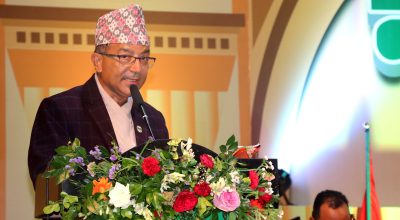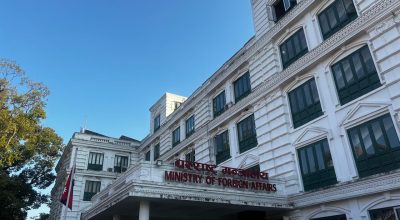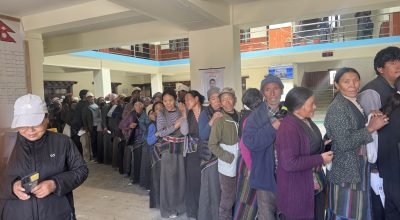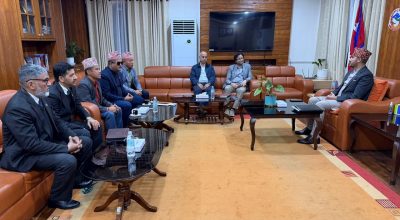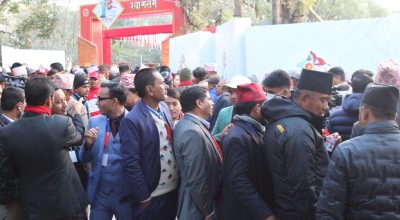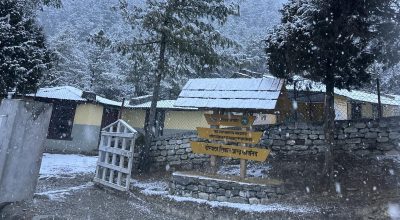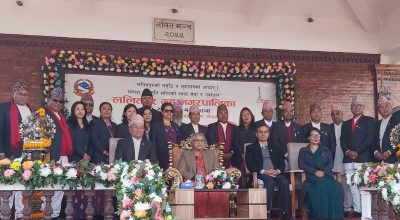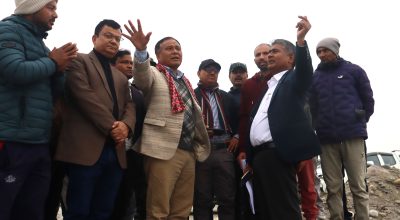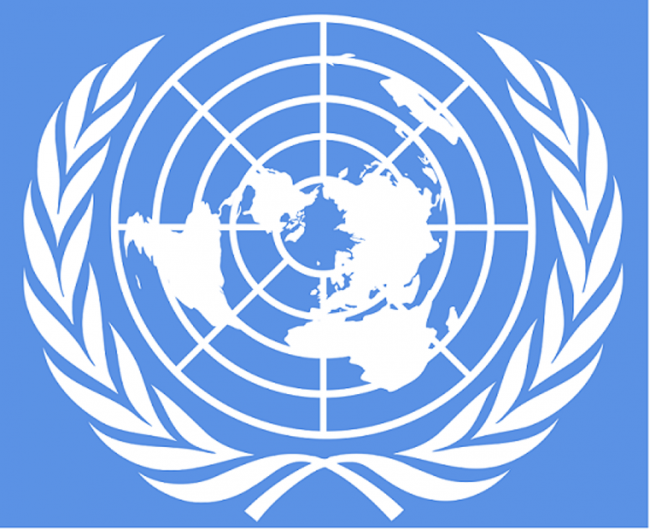
Kathmandu, Aug 28: Nepal must remove all existing obstacles that hinder victims of torture and forced labor in filing complaints, the United Nations Human Rights Committee (UNHRC) said in a decision published in Geneva on Tuesday.
The committee’s decision came in response to an individual complaint from Bholi Pharaka (pseudonym), a member of an indigenous group who was a domestic worker in Kathmandu from the age of 9, according to a press release issued by the UNHRC.
He was forced to work every day from 4 a.m. until 10 p.m., not allowed to go to school and never received payment for his work. He was also subjected to physical and psychological abuse. After two years, he escaped, but soon thereafter was falsely accused of theft by his former master, arrested and tortured during police interrogation.
After the victim and his family’s multiple attempts to file complaints failed, his case made its way to the Human Rights Committee via a Swiss NGO (TRIAL International), which assisted him in bringing his petition to the international level.
The UN committee concluded that Nepal violated a number of provisions of the International Covenant on Civil and Political Rights (ICCPR).
It also called on Nepal to amend its legislation and statutes of limitations in accordance with international standards and to criminalize torture and slavery with sanctions and remedies commensurate with the gravity of such crimes.
“The life of someone is shattered after enduring torture and forced labor as a child. Access to justice and accountability are essential for victims to rebuild their lives and recover their dignity. It is our hope that Nepal will take all necessary measures to protect and help victims of such acts regain their lives,” said Hélène Trigroudja, a member of the committee.
In its decision, the committee requested Nepal to report back within 180 days detailing the measures it had taken to remedy the situation.
The UNHRC has the mandate to review complaints from individuals who have suffered human rights violations when those victims have been denied justice in their home countries.







